What Animal Crossing Teaches Children

With not being able to go out as much as usual, it's no surprise that Animal Crossing is proving one of the most timely and helpful video game releases of recent months.
This is a game where you escape to your very own island. It's a beautifully calm setting with the wind rustling the leaves and waves lapping on the beach. For finding some relaxing calm and escapism it really is very good.
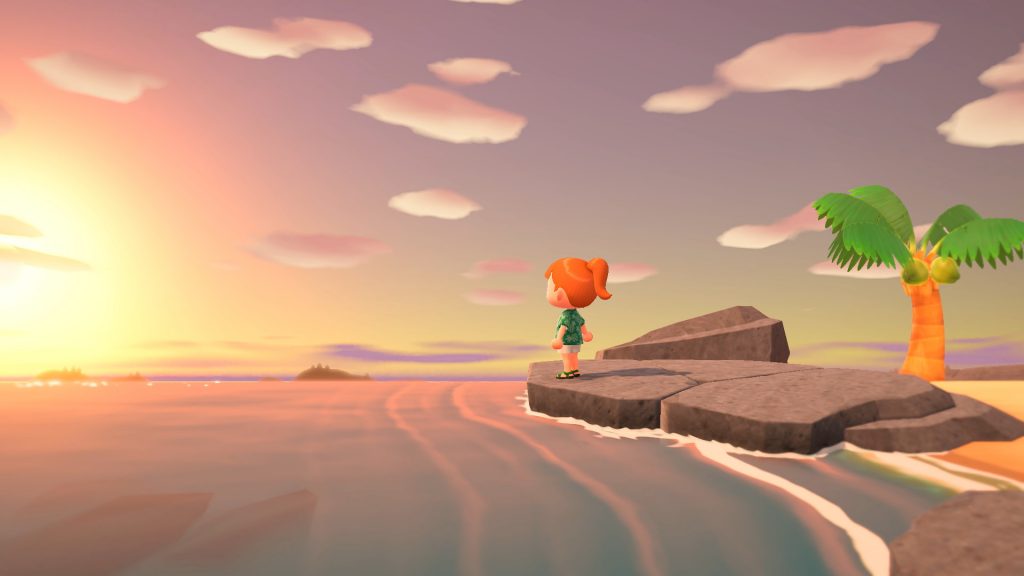
But as well as a bit of fun, it also offers a considerable amount of educational elements. Like the best games, these are woven into the fabric of the experience and happen almost without players realising it.
Social Equity
Animal Crossing is a social game in a few ways. First of all, there are the relationships you develop with the animals that move into your island. Deciding how to relate to them, send letters and swapping gifts affects how they respond to you.
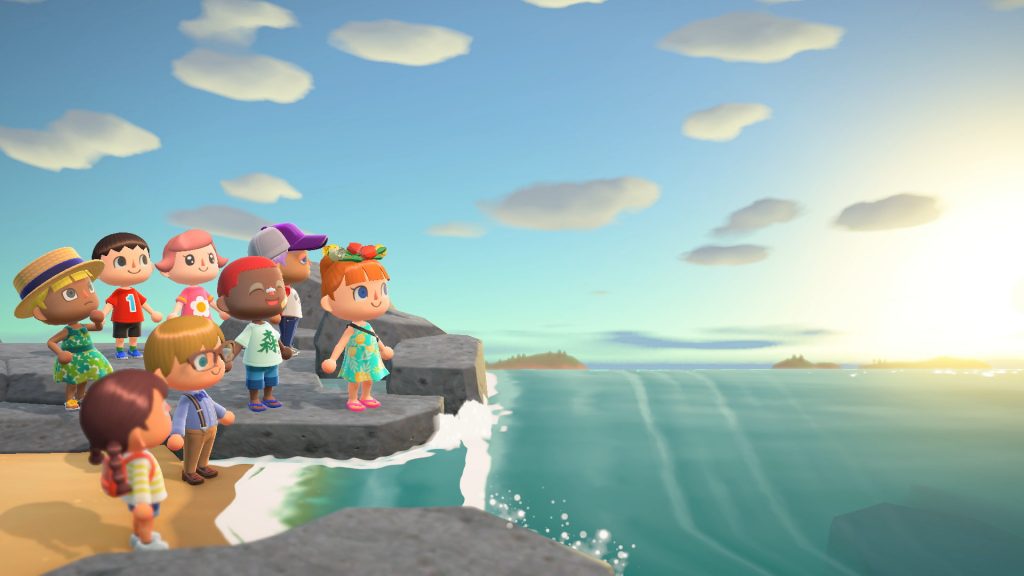
You can also invite other people to your island if you have swapped friend codes. This is a nice way to stay in touch with friends and family or perhaps help a sibling get started with some fruit trees, not on their island.
Money Matters
Although bells (the game's virtual currency) isn't the be-all and end-all in Animal Crossing, there's plenty of interesting processes that can spark educational conversations in the home. Tom Nook is only too happy to give you a mortgage to expand your house, but then, of course, you have to pay it back. You also have to decide what your priorities are, working hard to pay it off, or simply enjoying the island life.
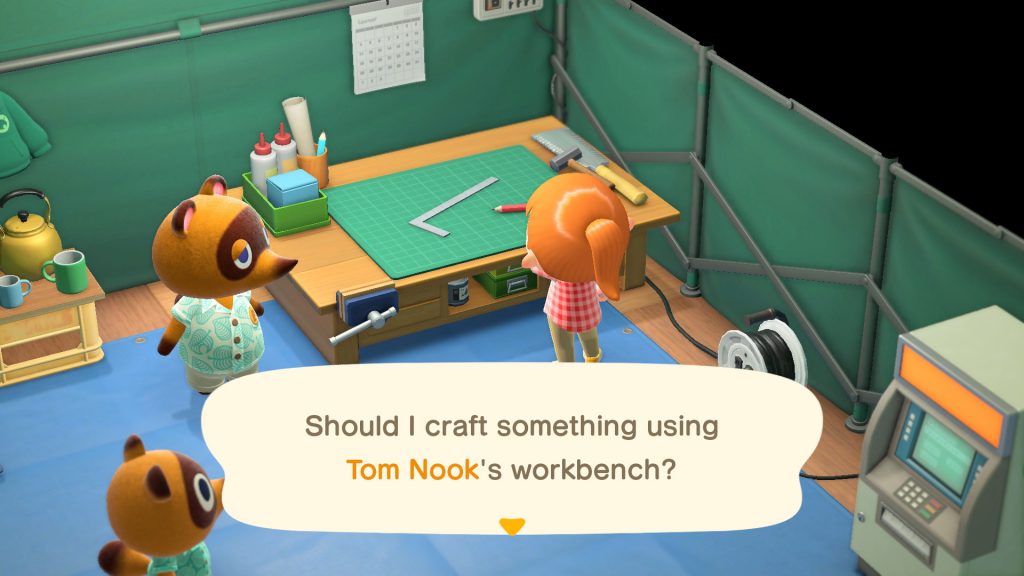
The crafting in the game also creates a secondary economy. Needing certain materials to craft key items is another chance for friends to help, and can also spark interesting questions about how much different items are worth if you swap them.
Bugs, Fish and Fossils
Collecting the different creatures and items for the museum is another little educational element of the game. When you donate an item, Blathers is very happy to tell you all about its real-world background.
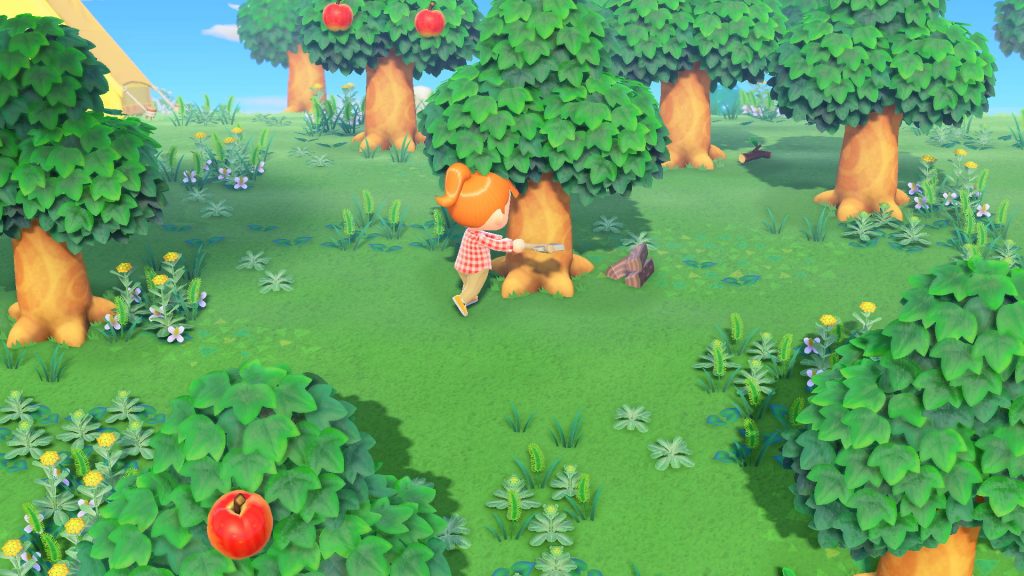
Seeing your collection come together in the museum also prompts the question about how to fill the gaps. When are those hard to find bugs going to be hopping around the island to catch?
Seasonal Variation
Because Animal Crossing is tied to the real world clock and calendar, you have to understand how the seasons work and which creatures come out at different times, to progress efficiently. This means that you often get everything done quite quickly in a day and then leave the game until the evening when you can check in to catch that sneaky fish or insect.
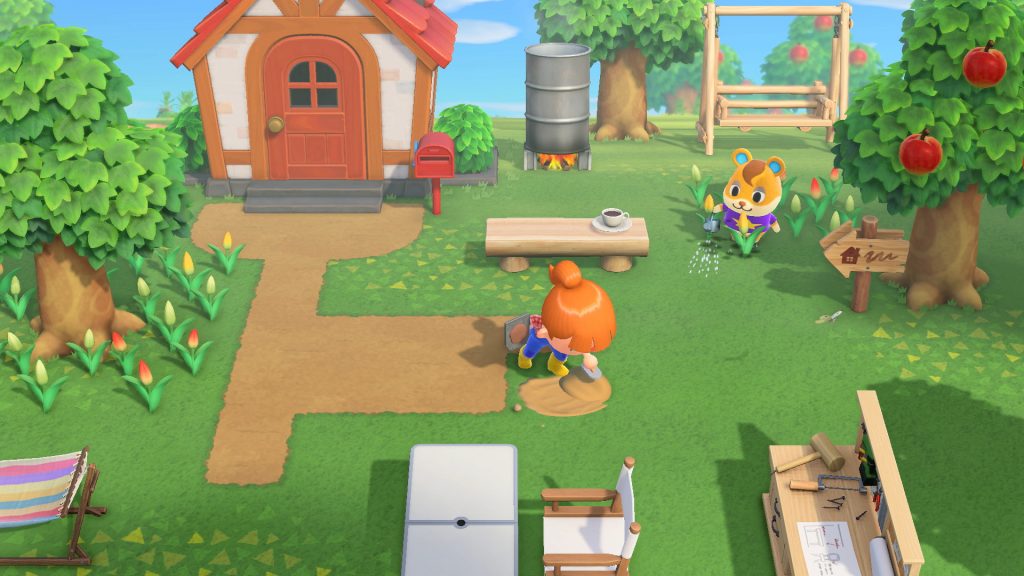
Along with the seasons come different festivals and celebrations, that each offers another little educational moment if you like. Celebrating these things in your Animal Crossing world is a great way to share the festivities with friends in different locations.
Working Together
Finally, the best way to learn and talk about these things is to play together. Here are the different ways you can collaborate on Animal Crossing.
- 3 players help the main player on one Switch with one copy of the game and each with their own controller.
- Local Multiplayer lets up to 7 people visit the island of someone sat next to you, it requires that each person has a copy of the game on their own Switch.
- Online Multiplayer lets up to 7 people visit the island of someone online, it requires that each person has a copy of the game on their own Switch. You also need to have Nintendo Online subscription.
- Two players can take turns on their own island if you buy a digital copy of the game and log in with different users. But you can't visit each other's islands.
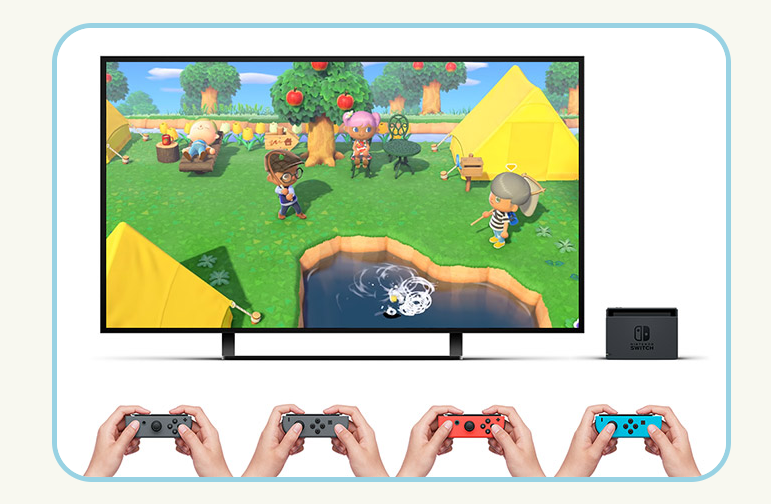
Animal Crossing is available for the Nintendo Switch, rated PEGI 3.





